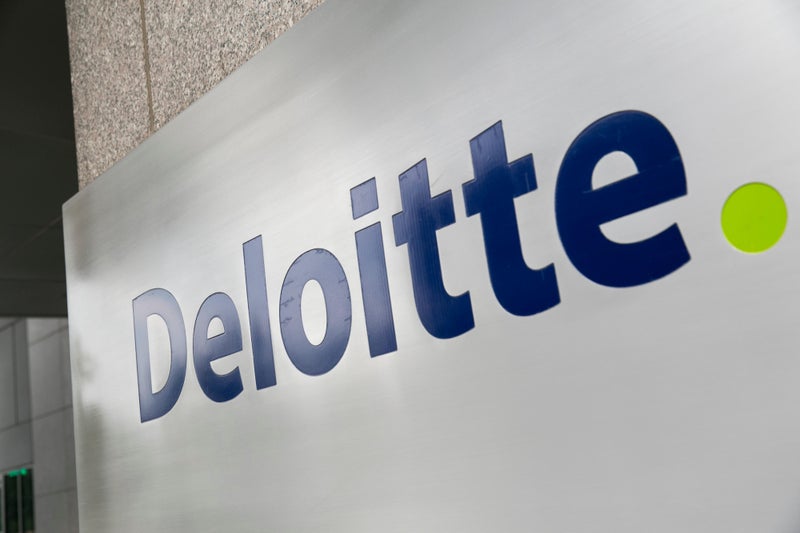Last year, Wall Street banks became some of the first companies to publicly distance themselves from diversity initiatives, including Bank of America and Goldman Sachs, opening up the diversity programmes previously aimed only at people from ethnic minorities.
Earlier this month, Google said it was reviewing some diversity initiatives and scrapping a goal to hire more employees from historically underrepresented groups, and has since removed references to events including Black History Month, LGBTQ+ Pride and Women’s History Month from its online and mobile calendars.
Those efforts moved up a gear after a US supreme court ruling in 2023 that banned affirmative action in university admissions decisions, prompting Conservative groups to launch a wave of legal action against companies over their diversity programmes.
Companies which announce changes to diversity schemes may also find it harder to recruit younger staff, according to multiple surveys of workers belonging to Gen Z – born between 1997 and 2012 – which have highlighted their desire to work for organisations that align with their values.
However, she warned that “it is a big unknown if the federal government will require contractors who they are working with to go further and row back on diversity and inclusion in other ways”, which could create problems when working with some US firms.































